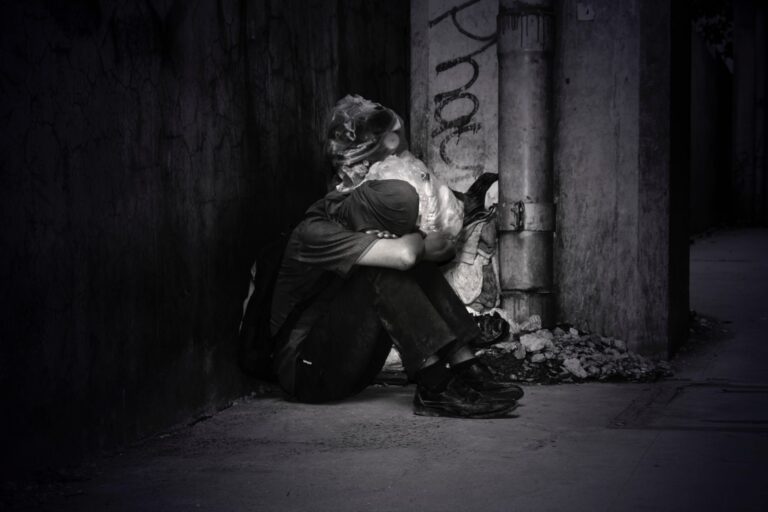
Many individuals struggle with their mental health and creating a stable lifestyle. Homelessness is one of the severe issues that needs fixing in the world. Mercy Housing published an article with 7 startling facts about homelessness in the United States.
First off, the homeless population in the United States could fill five football stadiums, as it was determined that 567,715 people were homeless on any given night in January of 2019, but this number still does not fully capture the state of homelessness in our country. One in every 30 children, 2.5 million children per year, experience homelessness, which is roughly the entire population of Chicago. Because children experience homelessness at such an early age, many have brain development setbacks that hinder their learning, handling of emotions, relationships, etc. and at least 40% of homeless school-age children have a mental health problem. There are nearly 37,085 homeless veterans in the United States and more than half of them have a mental and/or physical disability. After fighting for our country, veterans are more likely than non-veterans to experience homelessness, mental health problems and substance abuse, as many struggle with traumatic brain injuries and post-traumatic stress disorder. On a single night in 2019, homeless services providers had more than 48,000 beds set aside for survivors of domestic violence. Survivors of domestic violence and abuse gather the courage to leave their situations even when they have nothing, increasing their risk of homelessness and lack of resources. Being homeless decreases an individual’s life span by 20-30 years, as the average life expectancy of a homeless individual is 50 years old. Finally, homelessness is a risk factor for anyone, as many live paycheck to paycheck and unexpected events turn people’s lives around for the worse. Homelessness is a problem that will not go away on its own. People continue to provide support and resources for those in the community to fight this widespread problem but cannot do it alone. If you have the resources or time to volunteer or donate items, that little bit can go a long way for someone in need.